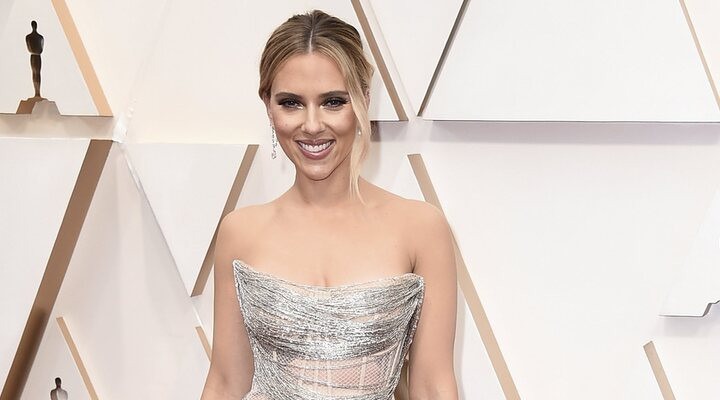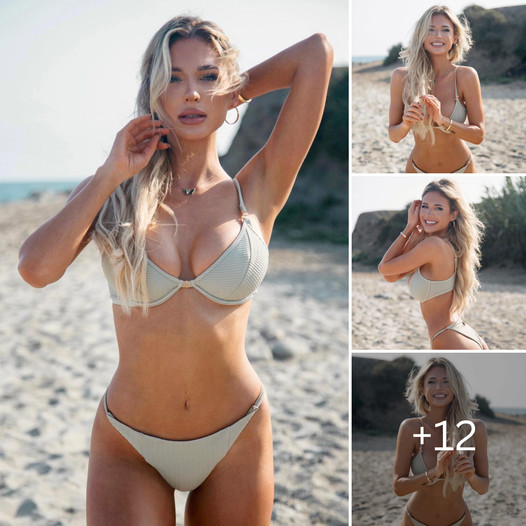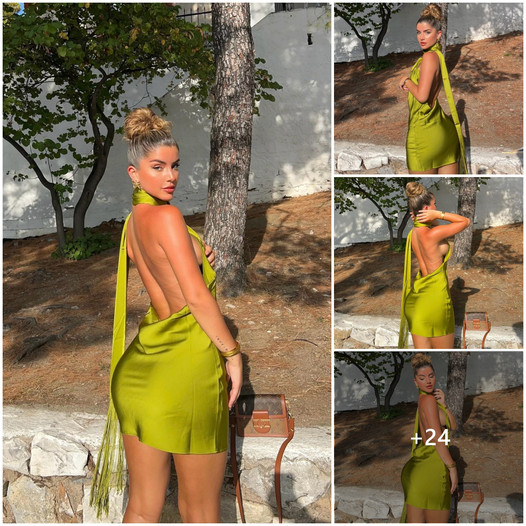Scarlett Johansson files a lawsuit against Disney for releasing Black Widow in both theaters and on streaming platforms at the same time, alleging that it violates their contract.

According to Marca, Scarlett Johansson has made headlines by taking legal action against Disney in a bold move that has surprised many in Hollywood. The conflict arose from the decision to release her movie, Black Widow, simultaneously on Disney+ and in cinemas. This dispute reflects a significant turning point in the entertainment industry’s struggle to adapt to the changing landscape brought on by the digital age, particularly in light of the challenges posed by the COVID-19 pandemic.

According to the NY Post, the basis of Scarlett Johansson’s legal action against Disney revolves around the allegation that the studio’s choice to release ‘Black Widow’ on both streaming services and in cinemas violated their contract. Johansson argues that her deal with Marvel Entertainment, under Disney, promised the movie would only be shown in theaters. This decision not only impacted the potential success of the film at the box office but also had a considerable effect on her earnings, which were linked to the movie’s theatrical revenue. Johansson’s claim emphasizes the extent of her dissatisfaction with the situation.

In response to Scarlett Johansson’s lawsuit, Disney quickly fired back, claiming the lawsuit was baseless and highlighting that the decision to release “Black Widow” on Disney+ was a strategic move in response to the pandemic. They emphasized that the streaming release was aimed at increasing Johansson’s potential earnings beyond the $20 million she had already been paid. Disney argued that the release on Disney+ with Premier Access had actually boosted her ability to earn more money, presenting the decision as a positive outcome in the midst of challenging global circumstances.

The current legal dispute between Scarlett Johansson and Disney highlights a shift happening in the entertainment industry, as streaming services challenge traditional release methods. The pandemic has only accelerated this change, prompting major studios to find new ways to reach audiences stuck at home. Johansson’s lawsuit signifies more than just a particular film; it represents a crucial moment for Hollywood’s elite and the future of how films are distributed.
While movies like F9 and No Time to Die chose to delay their releases to maintain the theater experience, others, such as Pixar’s ‘Soul,’ embraced direct-to-streaming options. WarnerMedia’s decision to release its 2021 titles in theaters and on HBO Max at the same time, after renegotiating contracts with talent, demonstrates the industry’s adaptability in these challenging times.
The conflict between Johansson and Disney goes beyond a legal dispute; it speaks to the importance of recognizing both the artistic and financial value in the digital age. Johansson’s complaint about Disney and Marvel’s lack of responsiveness to renegotiating her contract reflects the broader struggles artists face in securing fair compensation in the era of streaming.
Looking back on this significant disagreement, it serves as a stark reminder of how the entertainment landscape is evolving, with creators’ rights being tested against the business goals of industry giants. Scarlett Johansson’s battle with Disney is not simply a legal affair but a milestone event that could shape the future of film distribution and artist compensation for years to come.




